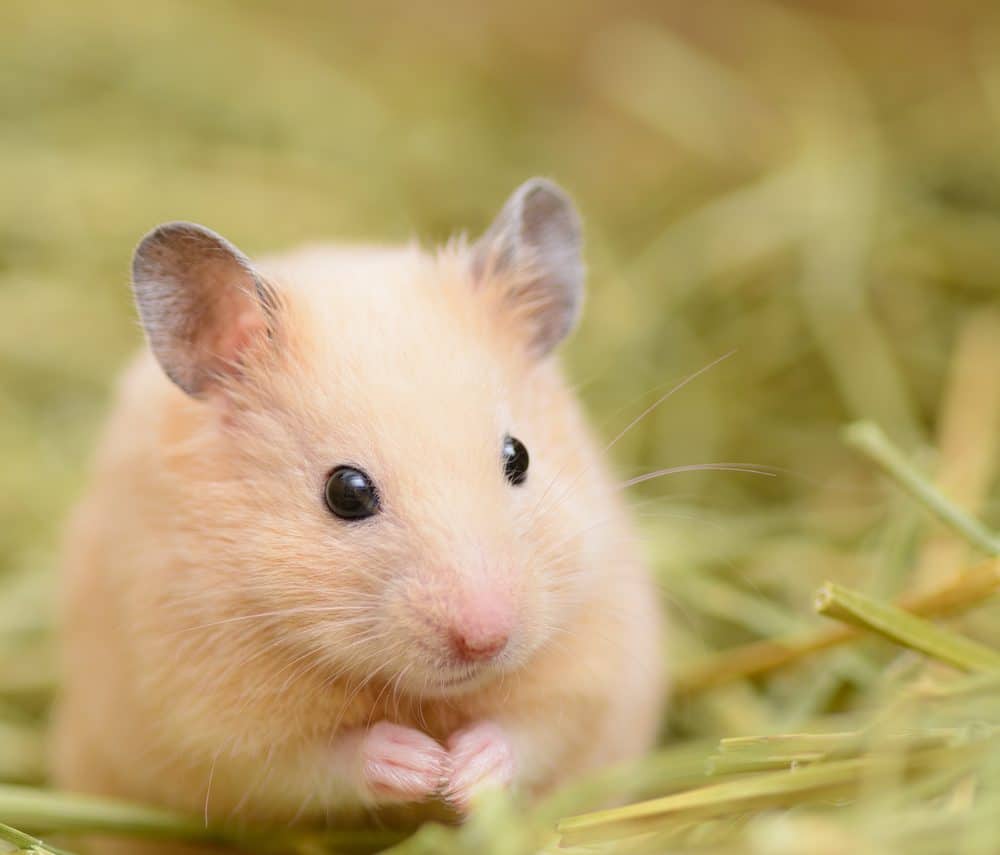What should a hamsters diet consist of?
Your hamster’s food list should comprise:
- Nutrition-packed nuggets – especially designed for hamsters that replicates their natural diet. Steer away from ‘muesli-type’ mixtures as hamsters may pick out the bits that are high in sugar, which can cause painful problems with their teeth, and lead to an imbalanced diet.
- Sometasty, high-quality feeding hay to munch on, along with some untreated softwood such as hawthorn, hazelnut, pear, poplar or apple wood to chew. This will help keep their teeth healthy and stop them getting overgrown.
- An occasional treat of hamster-safe fresh food, such as a small piece of fruit or vegetable, but be aware that too much green food can cause diarrhoea. Before you give your hamster chums any fresh food, make sure you know what’s safe for them and what’s not.
Hamsters also need a constant supply of fresh drinking water. Choose a bottle with a valveless sipper tube to make it easier for them to have a refreshing drink. Ensure the spout is placed at the appropriate height for the type of hamster you have.
What fruits and vegetables can hamsters eat?
Wondering whether you should give your hamster fresh veg? Not sure if hamsters can eat courgette? When planning a hamster diet, some fresh veg (think small slices or cubes) will provide some welcome variety.
PDSA advises that these vegetables and herbs are suitable for hamsters:
- Carrot
- Broccoli
- Cabbage
- Cauliflower
- Chicory
- Spinach
- Sweet peppers
- Cucumber
- Cress
- Courgette
- Basil
- Sage
- Parsley
- Coriander
Quick tip
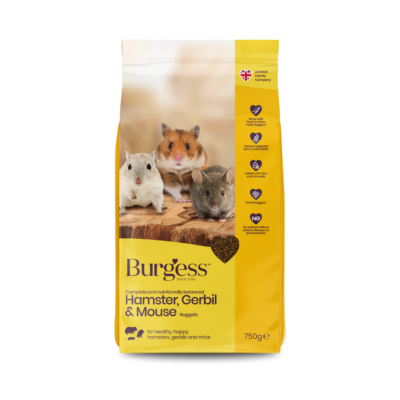
Hamster, Gerbil & Mouse
What foods should hamsters avoid?
Can hamsters eat bread? What human food can hamsters eat? Apart from safe fresh foods, hamsters should NEVER be given human foods. Foods to steer clear of include:
- Hamster muesli – Muesli-based hamster diets encourage selective feeding, where they eat high starch/sugar components of the muesli while rejecting the more fibrous pellets. This means they won’t be getting all the nutrition they need.
- Sweet treats – Colourful hamster treats are often very high in sugar, and bad for your hamsters’ teeth and tummy.
- Whole oats – Hamsters have delicate cheek pouches so don’t give foods that contain whole oats as these can puncture them. Also avoid sticky foods, as these can cling to their pouches.
- Nuts and certain seeds – Hamsters don’t naturally eat nuts, which are very high in fat, as are sunflower seeds. Pumpkin seeds are a better choice as an occasional treat.
- Human food – High carb bread, pasta, crackers and biscuits can cause digestive problems. Chocolate and dairy products are particularly dangerous and citrus fruit can upset their sensitive tummies. Potatoes, tomato leaves, onions and garlic are also poisonous to rodents.
Finally, if you’re not sure if something’s safe for your hamster to eat, it’s best avoided.
Hamster feeding plan
How often should you feed a hamster?
Feed your hamster once a day – the best feeding time for a hamster is in the evening when they start to wake up. As a nocturnal animal, this is their breakfast time!
Only feed the amount of food they need each day – around a tablespoon of hamster nuggets each evening, depending on the species of hamster you have.
Rather than just putting your hamster’s favourite food in a gnaw-proof ceramic bowl, scattering some of it around encourages natural foraging behaviours. Your hamster will love searching out tasty titbits to stuff in their cheeks and take to their den to eat later.
Chewing, gnawing and shredding stuff is a natural hamster behaviour, so provide a variety of things for them to get their teeth into such as cardboard, coconut shells, hay bars, pumice stone and seagrass toys.
Why choose Burgess for your hamsters' food?
Our hamster food is made at our very own factory in Yorkshire and provides hamsters with all the nutrients they need, all from high-quality ingredients.
Our hamster nuggets contain a carefully selected balance of nutrients to support and supplement your hamsters’ diet. And it couldn’t be easier to order online, with free delivery over £25.
DON'T FORGET
Perfect for your Hamster
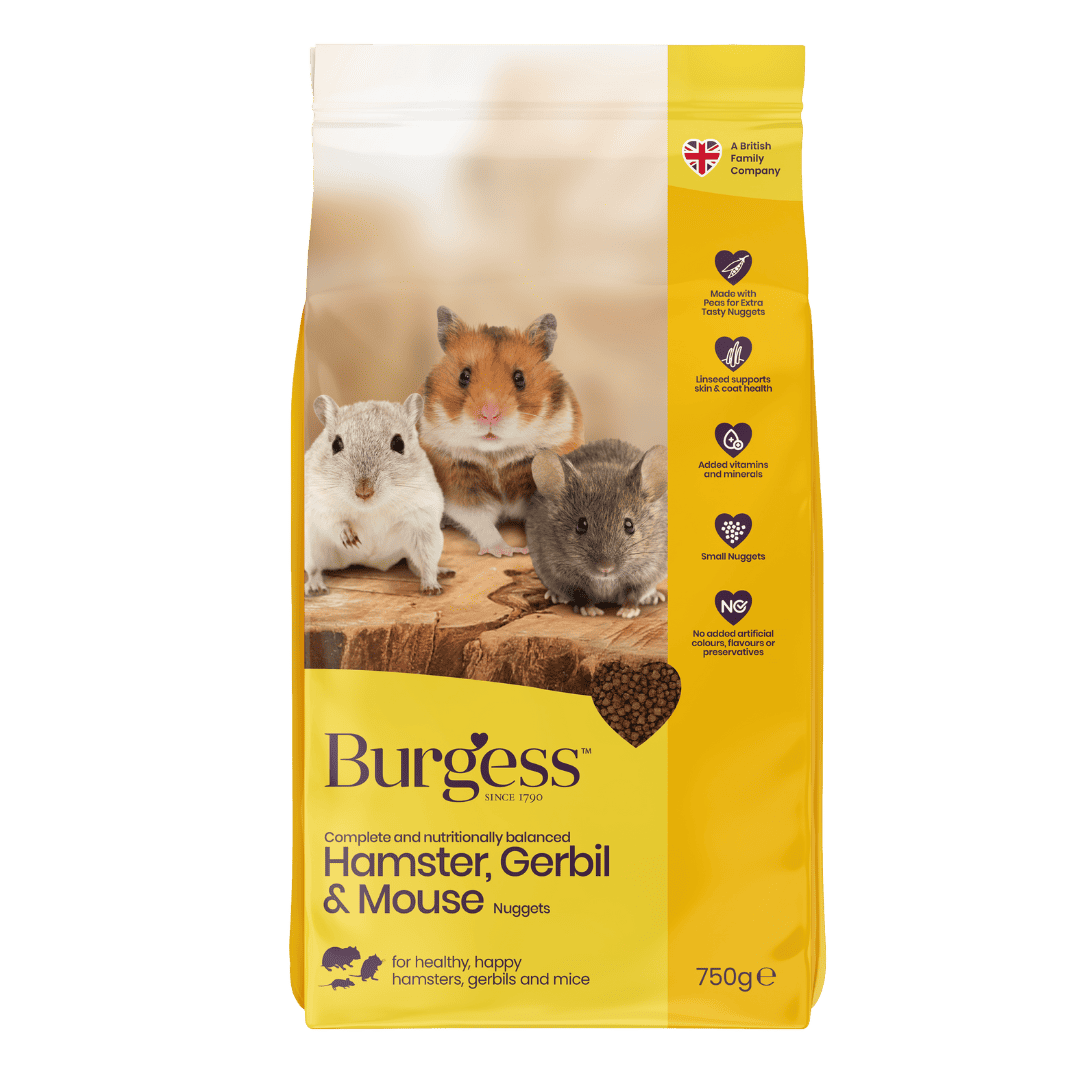

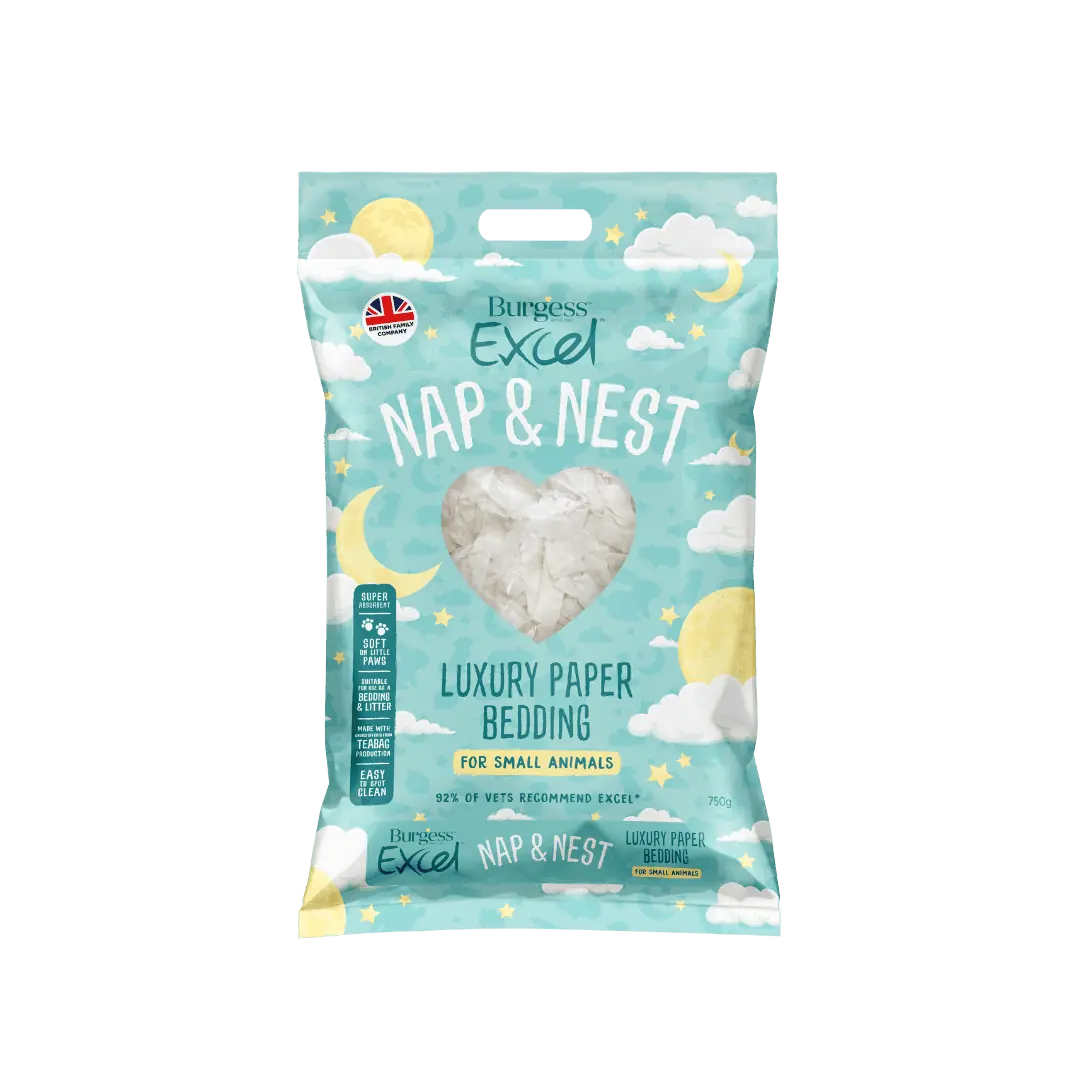
Transitioning to Burgess Excel nuggets

Do you need more advice?
If you’re at all unsure about the best way of feeding your hamsters, or have any concerns about specific nutritional requirements, ask your local veterinary practice for advice.
You can also call our expert team, available 9am-5pm, Monday to Friday, on +44 (0)1405 862241 who’ll be happy to help. Alternatively, use our online contact form to get in touch.
Are your hamsters Burgess hamsters? Join the Burgess Pet Club for exclusive offers and rewards.

